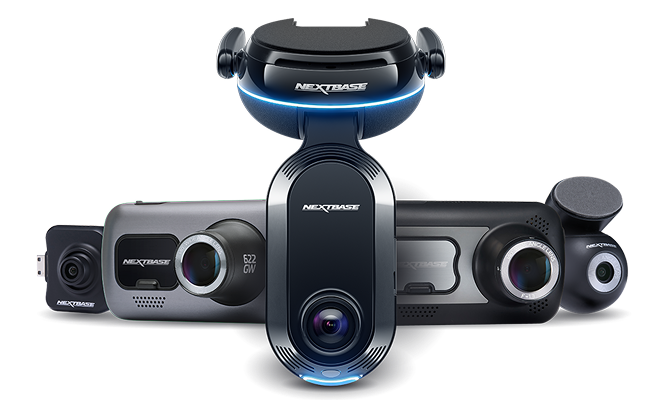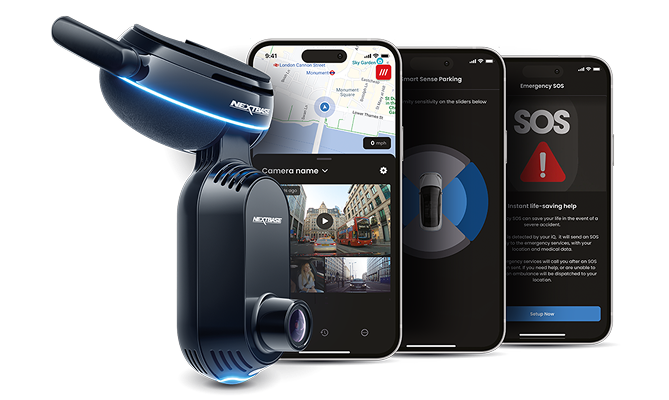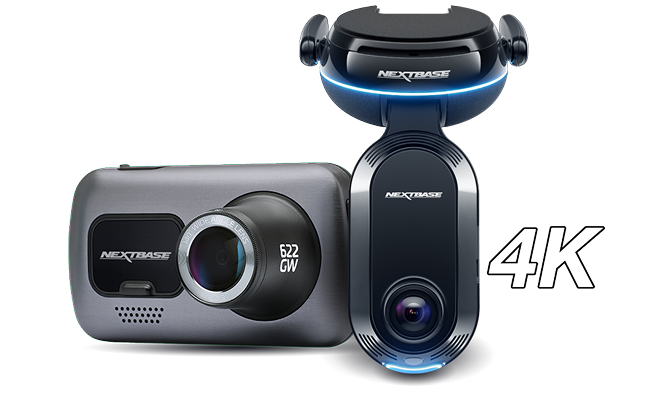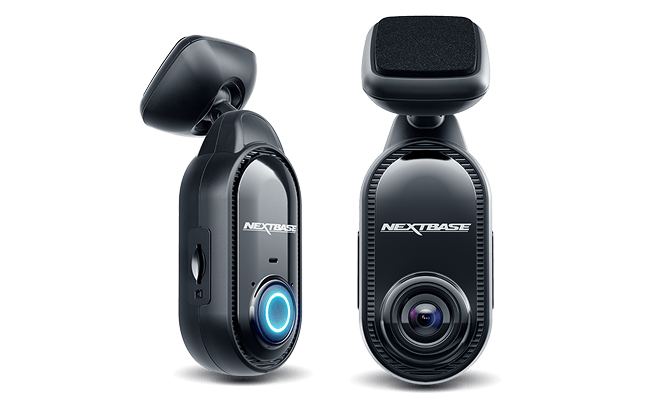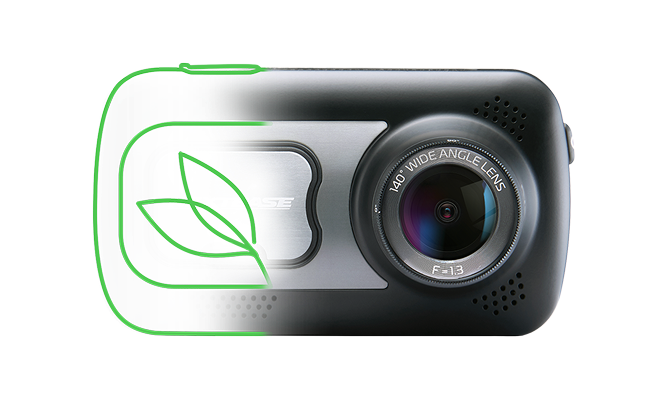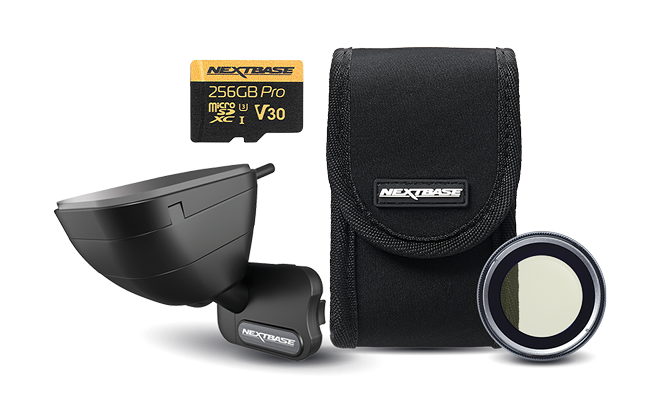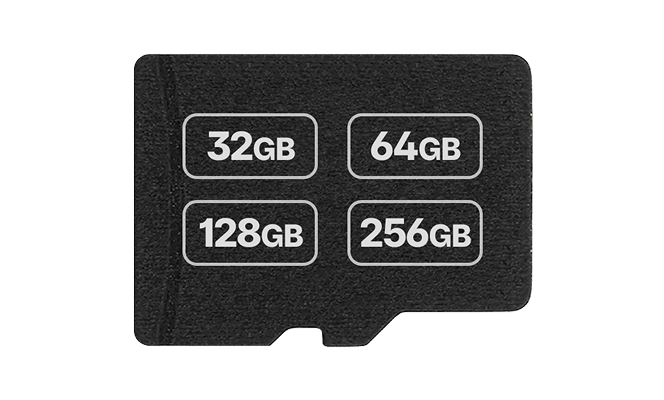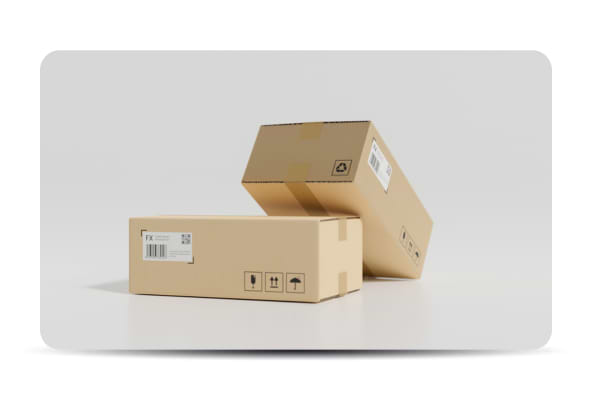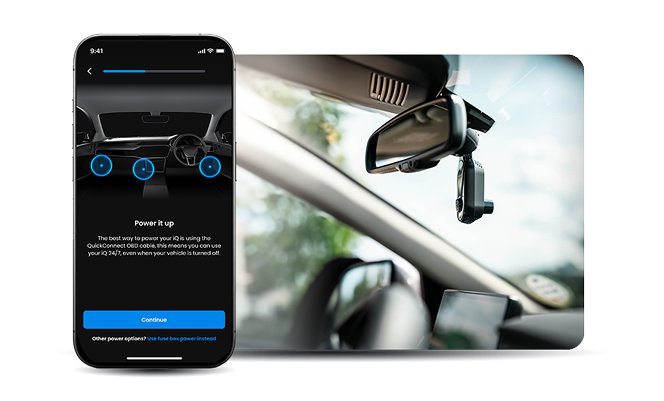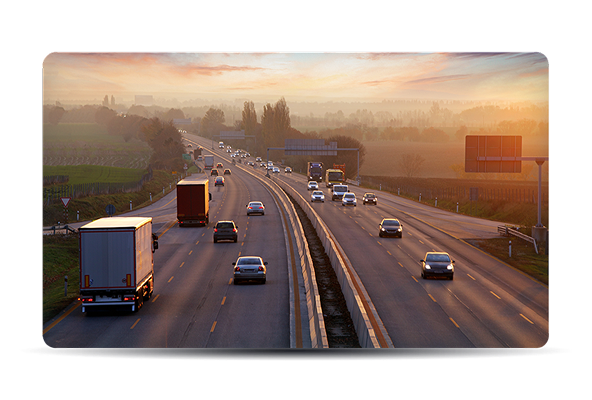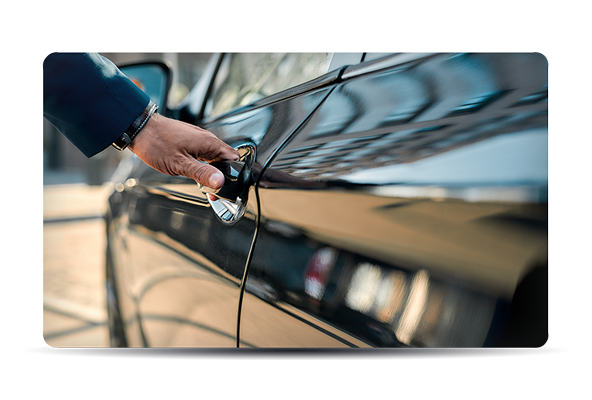This article explores and explains common queries around whether dash cameras are illegal in the UK, the rules governing their use, and whether drivers can legally record footage.
Are dash cameras illegal?
Dash cameras, commonly referred to as dash cams, are not illegal and drivers do not require any special permissions to use them on UK roads. There are some rules, however, around where they can be placed on the windscreen.
These state that a dash cam must be installed safely, and not obstruct the driver’s vision of the road ahead in any way. Specifically, the Highway Code states that nothing should intrude more than 40mm into the area of the windscreen swept by the wiper blades. Failure to follow this legal requirement correctly could result in a fine, and any footage recorded on a dash cam that is not legally placed could become inadmissible.
Far from being illegal, dash cams are becoming increasingly popular on UK roads because of the many benefits they provide, especially when something goes wrong. They constantly film the road while the engine is on, capturing high-quality video of any crash or bump, and so are able to act as an independent witness, providing instant footage which can then be shared with the police and the driver’s insurance company.
Footage from dash cams is fast becoming a key way for drivers to prove that they are not at fault in any incident. All UK insurers now accept dash cam footage as evidence in a claim and use it to help work out who was at fault in an accident. Dash cam footage can also be used by the police, or courts of law, as proof that an offence, such as speeding or dangerous driving, has been committed. And police forces are also starting to use dash cam footage in requests to the public for information about suspected crimes or to trace potential offenders.
Using a dash cam can also save drivers money on insurance – insurers look favourably on those who use them, as it shows they are safety-minded and willing to have their driving scrutinised. This means discounts of up to and even over 30 per cent on car insurance premiums for dash cam users are increasingly common. In the event of an accident, dash cam footage can also help protect drivers from wrongly losing their no-claims bonus, providing further financial benefits.

Are dash cams allowed in the UK?
Yes, dash cams are allowed in the UK, and it is perfectly legal for anyone to install and use one in a vehicle on UK roads. In fact, more and more UK motorists are either buying them or seriously considering doing so because of the many benefits they bring. These benefits include protection from unwarranted blame in the case of being involved in an accident or ‘crash-for-cash’ scam, as well as saving money on car insurance simply by having one installed. Other benefits of using a dash cam include being able to capture evidence of dangerous driving or excessive speeding, and share it directly with the police forces across England and Wales through Nextbase’s national dash cam safety portal.
The situation in the UK, where dash cams are not illegal, is different to some other countries, and so it pays to carefully check the rules for each new destination you plan to visit.
Dash cams are legal in most countries in Europe, but not on all roads absolutely everywhere. The only countries which currently forbid use of a dash cam are Portugal and Austria. Using a dash cam also used to be illegal in Germany, but the law has changed and they are now not only legal there, but also becoming increasingly popular too.
While most countries don’t ban dash cams outright, it is important to check whether there are any local regulations or restrictions governing their use before you drive overseas, as some have rules about who can view dash cam footage, or where it can be shared, which could result in fines if they are broken.

Is it legal to have a video camera in your car?
Yes, it is perfectly legal to have a video camera in your car. There is no law at all against fitting and using a dash cam in your car on UK roads. Additionally, there are no obstructions to filming roads in the UK and sharing any footage with the police or insurance companies.
The only legal requirement is to make sure that the camera is fitted on the front windscreen in a way that does not obscure the driver’s vision or block the view of any part of the road ahead. The best way to achieve this is to fit it in the top centre of the windscreen, behind the rear-view mirror, so that it doesn’t hamper the driver’s view and can record what is happening on both sides of the road.
Fitting and using a dash cam actually makes the roads safer for both you and other drivers. If you’re involved in an accident, or any other kind of incident on the road, it can be used to prove to both the police and your insurance company that you were not at fault. If you are going on holiday, it’s a great idea to buy one for additional peace of mind and another layer of protection as you drive on unfamiliar roads, possibly in a country where you don’t speak the language.
Having a dash cam fitted often also results in lower insurance premiums, saving money. And if you capture any dangerous driving, it is also possible to share footage with police. But do remember the dash cam is not just capturing other drivers – the police can also request it, or use it in evidence, if you yourself are suspected or accused of an offence such as speeding. Tampering with the footage in such circumstances can also be an offence.

